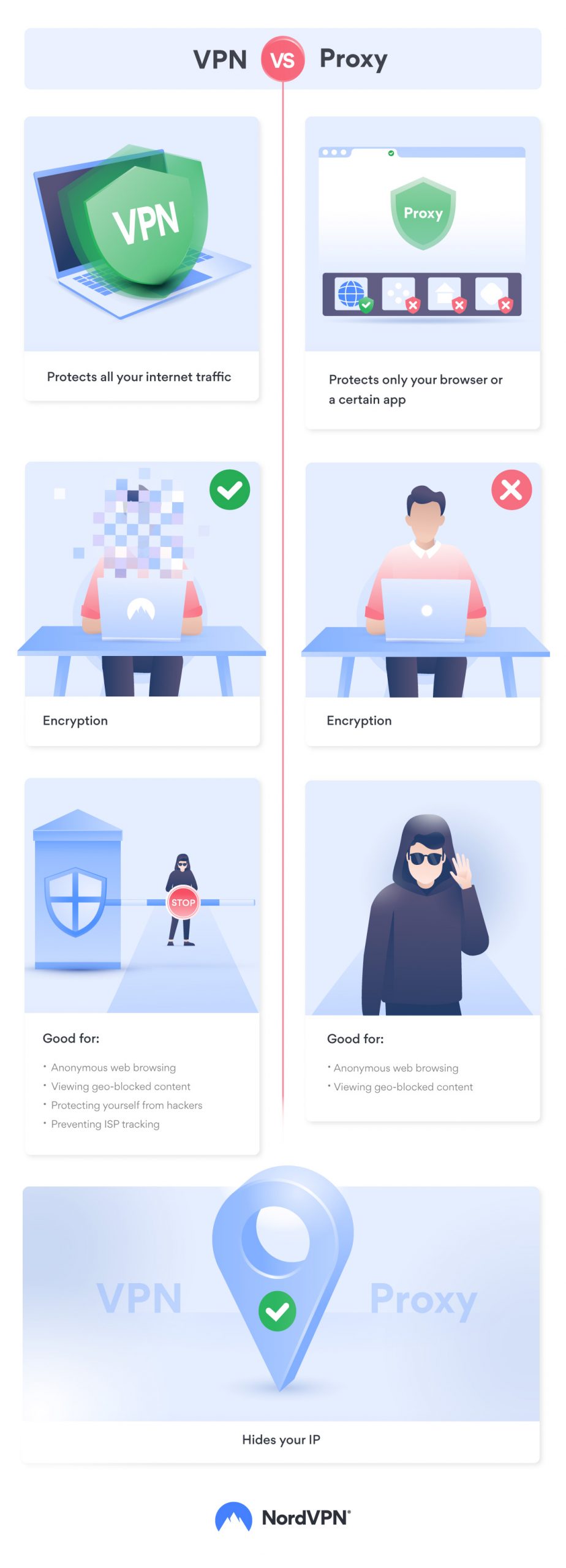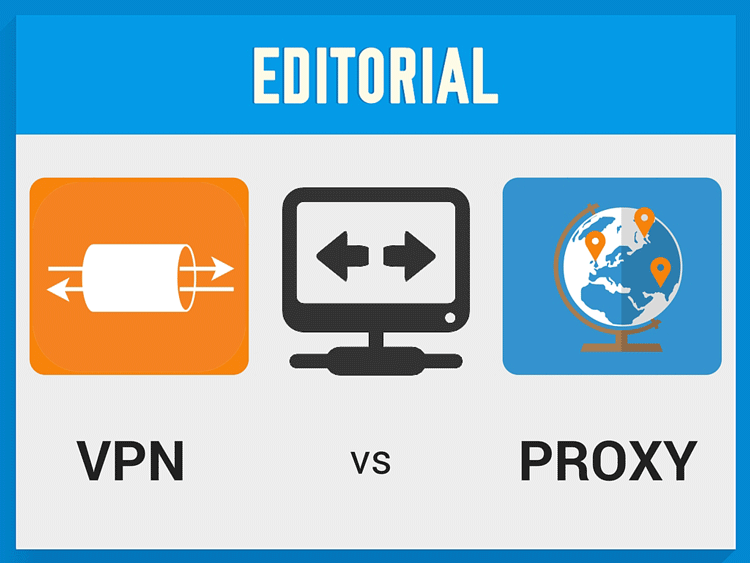
But this is especially true of free proxy connections – they can be slower (and less secure) because of fewer configuration options, reduced infrastructure, and less support. For sensitive transactions such as online banking or online shopping, data encryption gives you extra security – since it means that criminals can’t spy on your credit card details or login credentials.ĭepending on how users access them, both VPNs and proxy servers can slow down your browsing. VPNs encrypt any data you send or receive, whereas a proxy doesn’t. What’s the difference between a proxy server and VPN?ĭifferences between proxies and VPNs include: This encryption also protects you from website tracking, government surveillance, and any hackers who might try to spy on your device. As a result, your Internet Service Provider (ISP) can’t see what you’re doing online – just that you’re connected to a VPN server. They also encrypt traffic between the internet and your device. This means that they redirect all your traffic, whether coming from your browser or an app. You can read Kaspersky’s detailed article on VPNs here.

A VPN creates an encrypted tunnel for your data, protects your online identity by hiding your IP address, and allows you to use public Wi-Fi hotspots safely. For example, users can view geographically restricted content – such as a UK-based Netflix subscriber connecting to a US proxy server to access US Netflix content. The proxy forwards your request to the target website, downloads the information, and passes it back to you.īy masking IP addresses in this way, proxy servers allow users to bypass content restrictions and monitoring.

However, when you use a proxy server, your computer sends all web traffic to the proxy first. Usually, when web browsing, your computer connects to a website directly and begins downloading pages for you to read. How they achieve that – and the extent to which they offer other privacy functions – varies greatly. VPN and proxy servers definedīoth VPNs and proxies give you greater privacy by allowing you to hide your IP address in various ways. Both increase the security of your internet connection, but how exactly do they work, and how do they differ? If you are looking to improve your online privacy, it’s important to understand the difference between VPNs and proxy servers to make sure you're selecting the right tool for the job.

If you’re concerned about your privacy when using the internet, you may have considered using either a VPN or a proxy server.


 0 kommentar(er)
0 kommentar(er)
